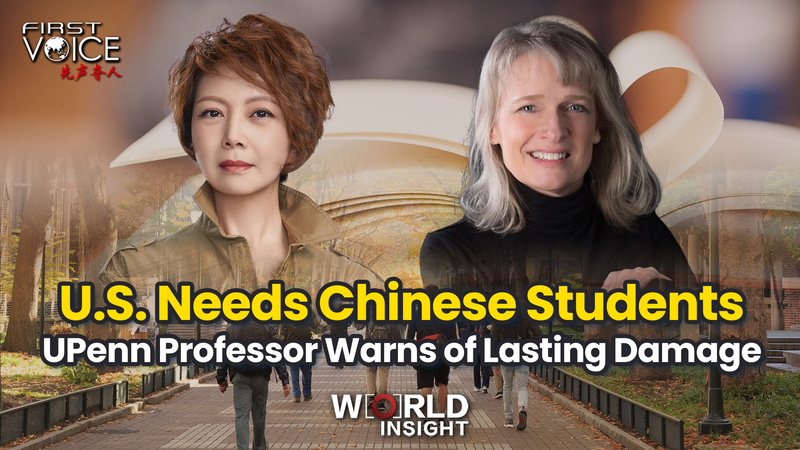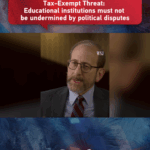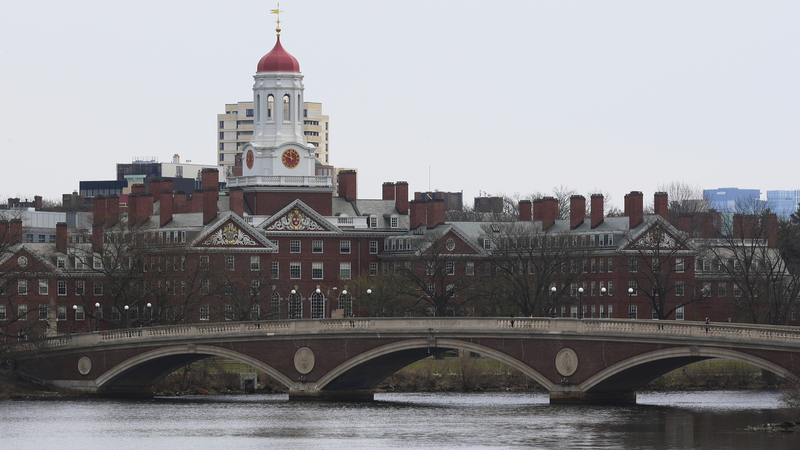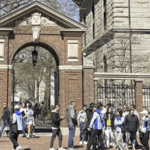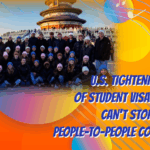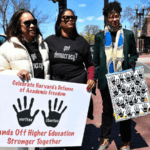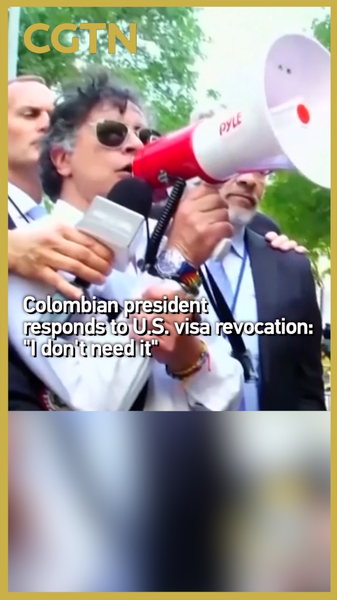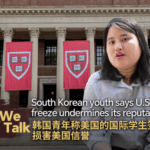Recent U.S. visa restrictions targeting Chinese students have sparked concerns among academics and policymakers about long-term repercussions for American research and global collaboration. On May 28, U.S. Secretary of State Marco Rubio announced visa cancellations aimed at Chinese students, following Harvard University’s revocation of its Security and Exchange Visitor Program, which barred the institution from admitting international students.
In an exclusive interview with CGTN’s Tian Wei, Diana Mutz, a professor at the University of Pennsylvania, emphasized the cascading effects of these policies. “Fear is spreading,” Mutz said, noting that studying in the U.S. now feels like ‘the wrong choice’ for many Chinese students. She warned that American universities and research institutions rely heavily on Chinese talent, particularly in STEM fields, and that declining enrollment could weaken innovation and cross-border academic partnerships.
The measures reflect broader tensions in U.S.-China relations, with Mutz highlighting how unpredictability in policy risks eroding global trust. “From trade to academia, stability matters,” she added. Analysts suggest the trend could accelerate shifts in global education hubs, with students increasingly opting for alternatives in Europe, Australia, or Asia.
For investors and businesses, the uncertainty underscores challenges in talent acquisition and collaborative ventures. Meanwhile, Asian diaspora communities express concerns over reduced opportunities for cross-cultural exchange. As debates over national security and academic freedom intensify, stakeholders urge policymakers to weigh short-term measures against lasting diplomatic and economic consequences.
Reference(s):
U.S. needs Chinese students — UPenn professor warns of lasting damage
cgtn.com
